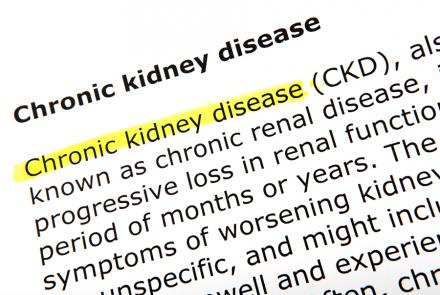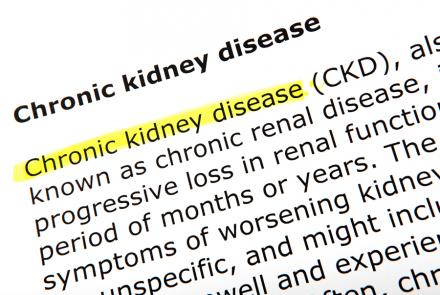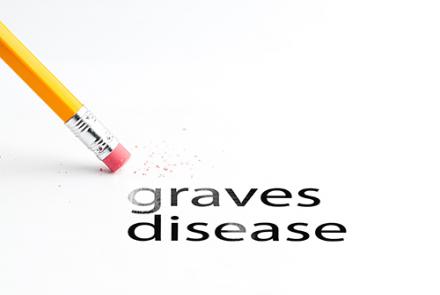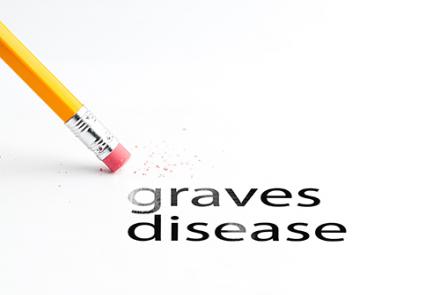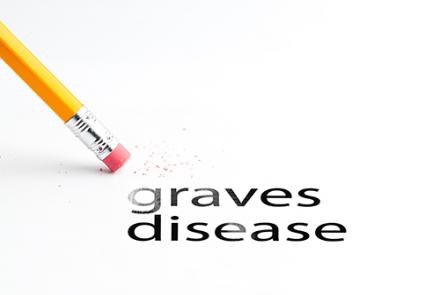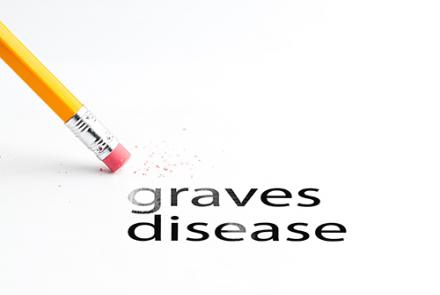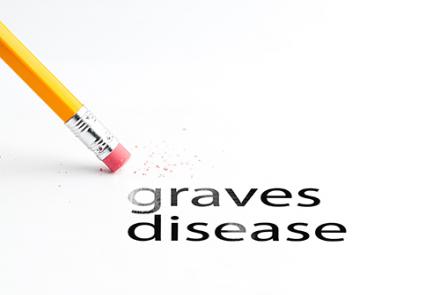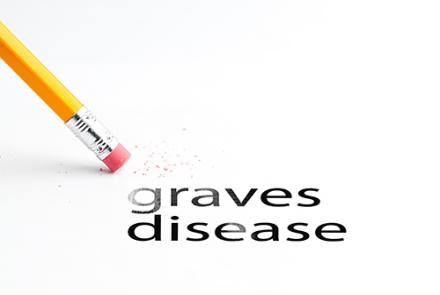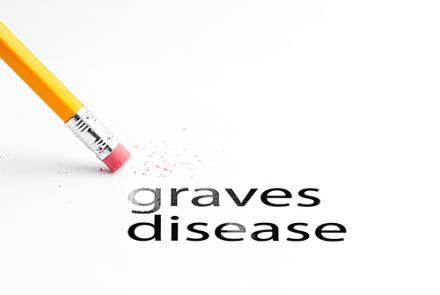Your doctor may suggest the following treatments for CKD:
Control of blood pressure
Treatment of the original disease, like treatment of diabetes
Angiotensin converting enzyme inhibitors (ACEIs) or angiotensin II receptor antagonists (ARBs) to control the progression of kidney disease by improving renal blood flow
Replacement of erythropoietin and calcitriol (intravenous or intramuscular iron therapy prior to treatment with erythropoietin is recommended)
Phosphate binders used to control…
Latest Stories
- Symptoms of Chronic Kidney Disease Initially there are no specific symptoms and Chronic Kidney Disease is generally only detected as an increase in serum creatinine or protein in the urine. As kidney function decreases, you may have the following symptoms of CKD: Feel more tired and have less energy Have trouble concentrating Have poor appetite Have trouble sleeping Have muscle cramping at night Have swollen feet and ankles Have puffiness around your eyes, especially in the morning Have dry,…
- Managing Graves’ disease: The most important thing is to receive the necessary medical care. After you and your doctor have decided on a course of action, there are some things you can do that will help you cope with the condition and support your body during its healing process. Get regular exercise: Exercise in general will help you feel better and improve your muscle tone and cardiovascular system. Brittle bones can occur with Graves' disease and weight-bearing exercises help maintain bone…
- Treatment of Graves' Disease is aimed at controlling your overactive thyroid. Medicines called beta-blockers are often used to treat symptoms of rapid heart rate, sweating, and anxiety until the hyperthyroidism is controlled. Hyperthyroidism is treated with one or more of the following: Anti-thyroid medications Radioactive iodine Surgery If you have had radioactive iodine treatment or surgery, you will need to take replacement thyroid hormones for the rest of your life. This is because these…
- What causes Graves' disease? The precise cause of Grave's disease is still unknown. The following risk factors are linked to a higher probability of developing Graves' disease: Genetics (people with a family history of Graves' disease are more likely to develop it). Gender Stress Pregnancy Infection (Bacterial or viral)
- What are the symptoms of Graves’ disease? The early symptoms of Graves’ disease include: Weight loss (despite increased appetite) Anxiety, irritability, difficulty sleeping (insomnia) Heat intolerance, sweating Shortness of breath, difficulty breathing Increased stool frequency (with or without diarrhoea) Irregular menstrual periods in women Goiter Prominent, bulging eyes If Graves’ disease goes untreated, physical signs and symptoms may develop: Goiter: A goiter is an enlarged thyroid gland…
- Complications of Graves' disease can include: Pregnancy issues: Possible complications of Graves' disease during pregnancy include miscarriage, preterm birth, fetal thyroid dysfunction, poor fetal growth, maternal heart failure and preeclampsia. Preeclampsia is a maternal condition that results in high blood pressure and other serious signs and symptoms. Heart disorders: If left untreated, Graves' disease can lead to heart rhythm disorders, changes in the structure and function of the heart…
- The diagnosis of Graves' disease may include: Physical examination: Your doctor examines your eyes to see if they're irritated or protruding and looks to see if your thyroid gland is enlarged. Because Graves' disease increases your metabolism, your doctor will check your pulse and blood pressure and look for signs of tremor. Blood sample: Your doctor will order blood tests to determine your levels of thyroid-stimulating hormone (TSH), the pituitary hormone that normally stimulates the thyroid…
- While there are no clear causes for Graves’ disease, genetics plays an important role. So if you have a family member with Graves' disease, then your chances are increased. If you have a high risk of Graves’ disease, try and live a healthy life. Avoid smoking. Smoking increases the risk of Graves' disease and Graves' ophthalmopathy. Reduce stress in your life. Meditate, exercise regularly, take up activities that you enjoy and that calm you.

